Innovators
From polyester alternatives made from algae, to blockchain technology making the supply chain more transparent – take a look at our network of current and alumni innovators, each working on disruptive solutions within the textile industry.
Innovator articles

Meet the Innovator: CuRe Technology
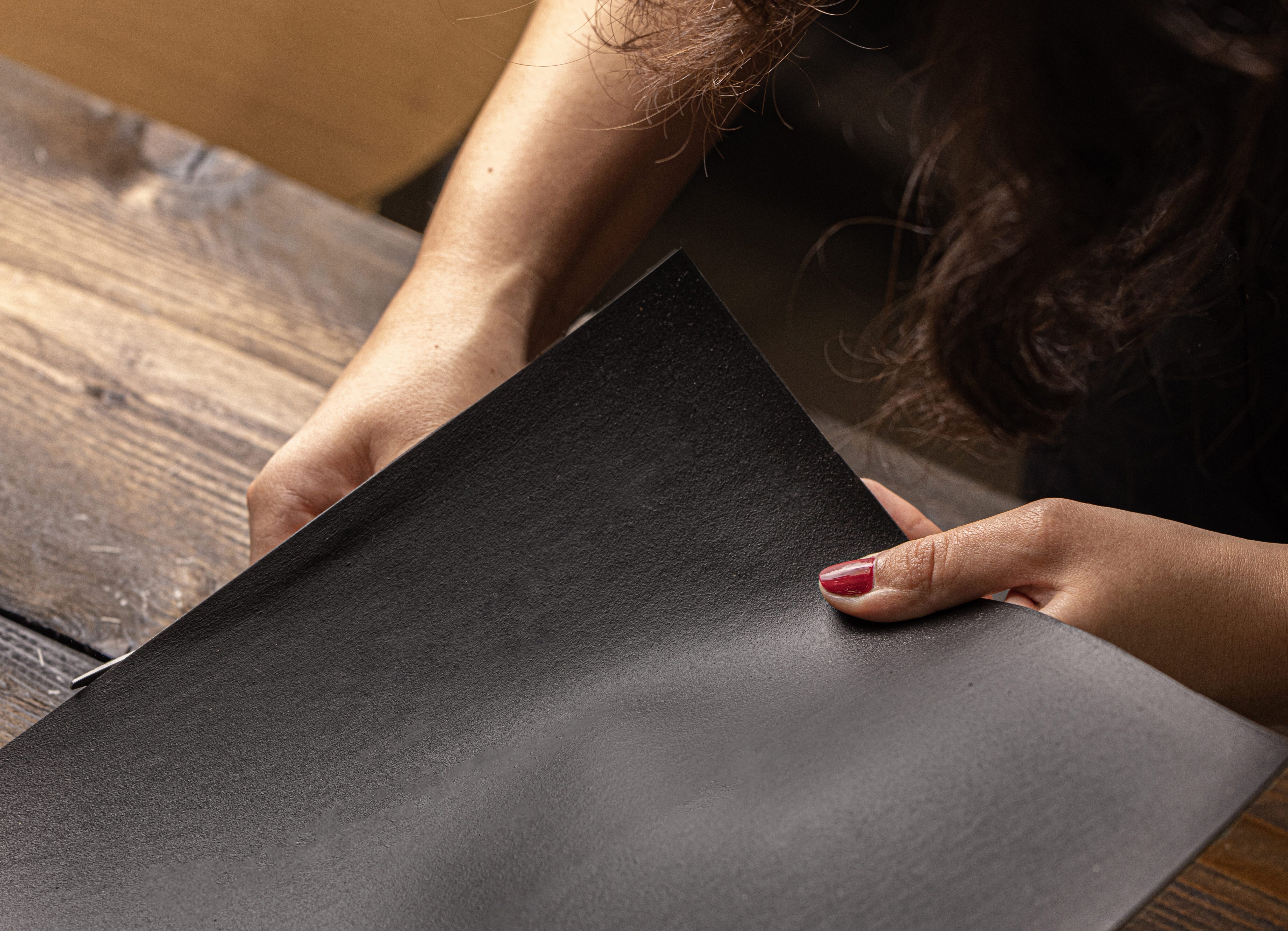
5 FAQS About ‘Leather’ Alternatives
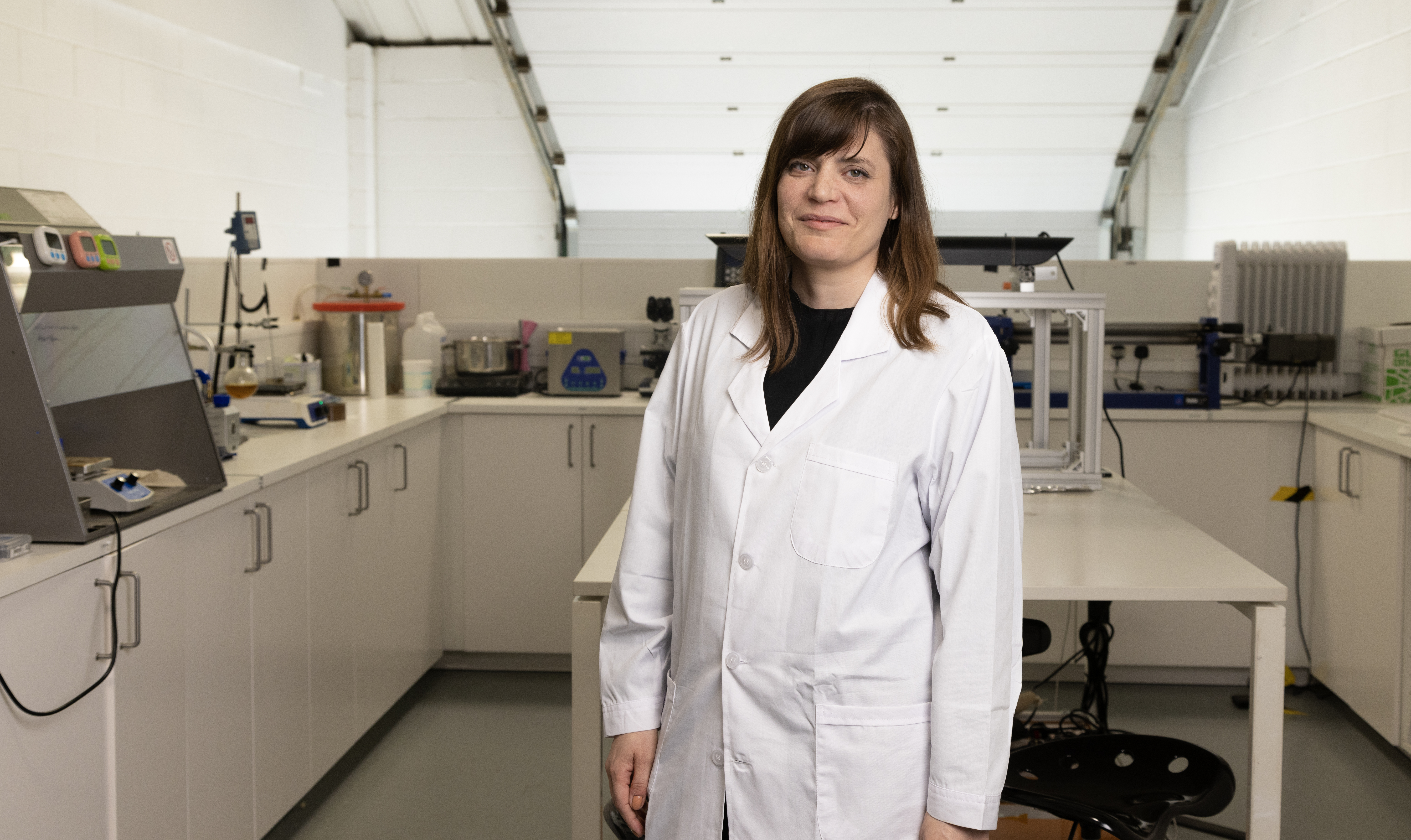
How Can We Make ‘Leather’ Alternatives With Green Waste?
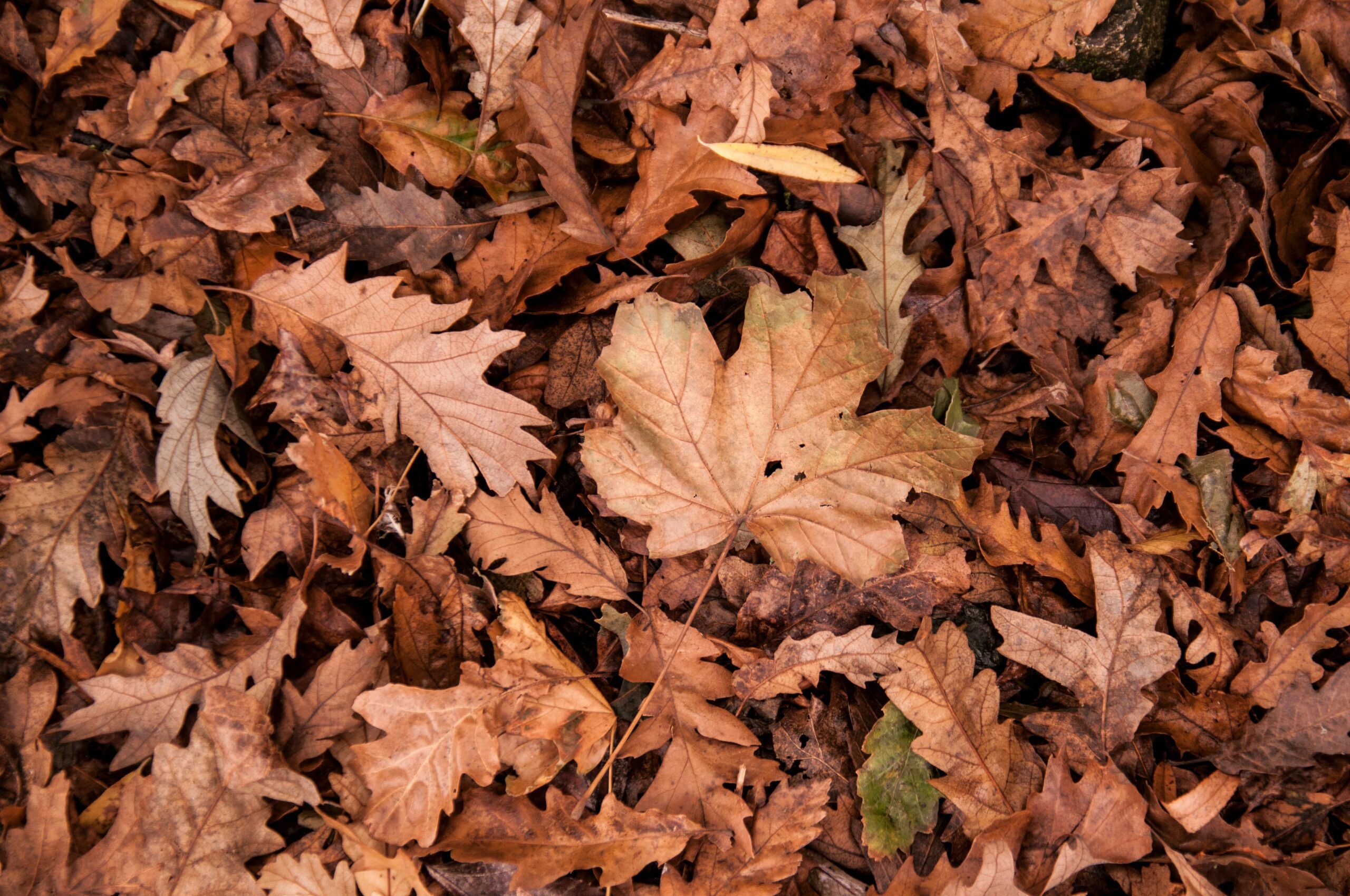
From Fallen Leaves to ‘Leather’ Alternatives | Biophilica
All innovators

Matoha
Matoha specialises in automated sorting solutions through near-infrared (NIR) spectroscopy. Their technology enables the accurate identification and sorting of materials, contributing to better diversion of textile waste feedstock to the recycling industry. Founded in 2018 (UK).
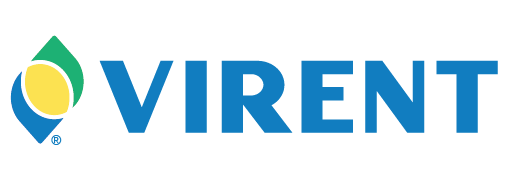
Virent
Virent uses its patented BioForming® technology to create the fuels and chemicals the world needs from a wide range of naturally occurring, renewable resources. Its patented catalytic chemistry converts biobased carbohydrate feedstocks into products molecularly identical to those made from petroleum. Virent’s technology can produce a range of fuel products, including gasoline, diesel, and jet fuel, as well as chemicals used for plastics, fibres and films. (US)
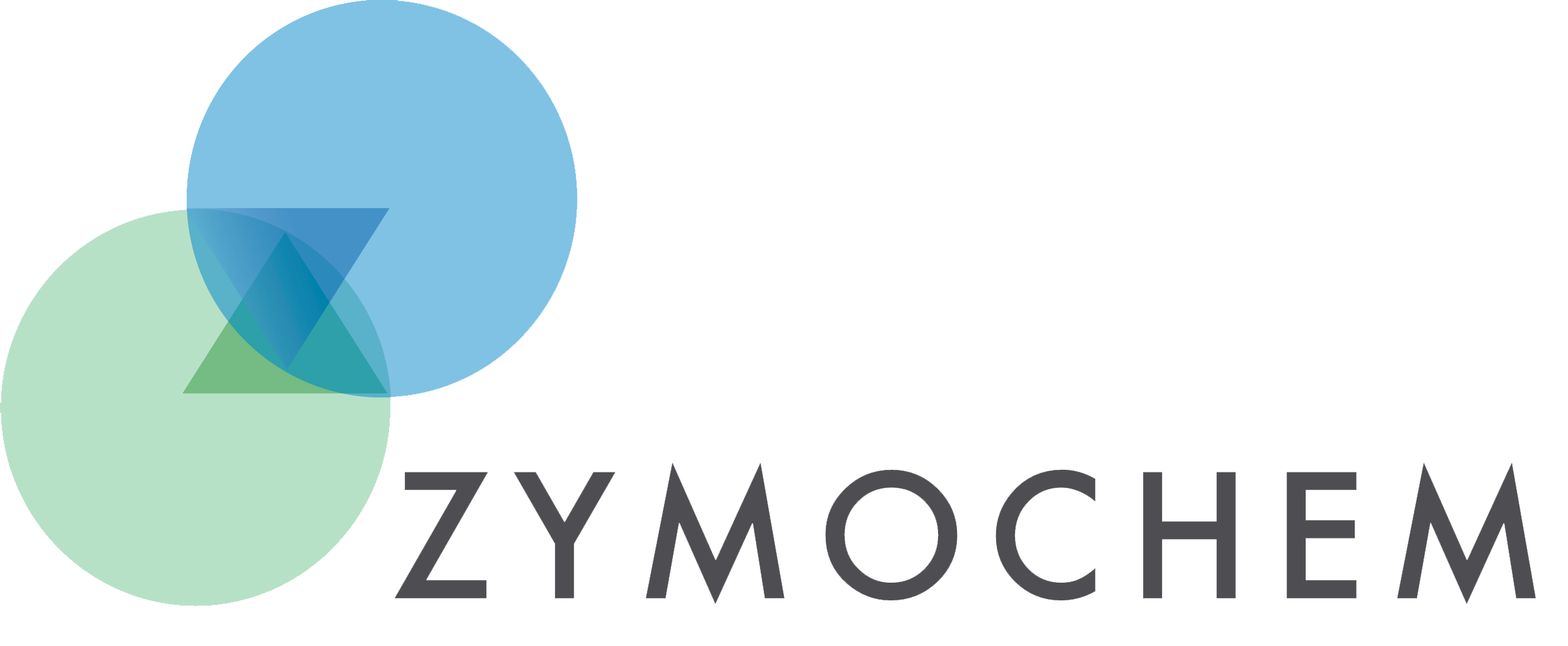
ZymoChem
ZymoChem offers bio-based materials powered by proprietary carbon conserving (C2) microbes that convert renewable feedstocks into high-value materials while radically minimising CO2 loss during the production phase. The efficiencies of their platform unlock superior economics – up to 50% lower cost than incumbents with a higher yield compared to today’s best in class biomanufacturing. (US)

Polybion
Polybion is growing premium, next-generation materials designed with nature and manufactured with biology. Their first product, Celium™, is a premium alternative to animal-based leather and petroleum-derived synthetics. It is grown by feeding bacteria with agroindustrial fruit waste; the bacteria, in turn, creates cellulose, a natural polymer. (Spain)

Ponda
Ponda connects the regeneration of damaged wetlands to the production of healthier materials for the fashion industry. Their next-generation textile BioPuff ®, is a warm, lightweight and biodegradable insulation material made from one of the best plants for wetland regeneration. (UK)

Lamoral Coatings
Lamoral commercialises a high-performance, bio-based, fluor-free coating to replace today’s PFAS coatings and improve current C-0 offerings. With a bio-based, PFC- and MEKO-free truly durable water repellent that protects garments and their users from the elements. (Netherlands)

CleanKore
CleanKore’s patented technology modifies the denim dye range to eliminate Potassium Permanganate spray, lower the carbon footprint & improve sustainability throughout the supply chain without increasing cost. (US)

RESPONSIBLE
RESPONSIBLE is a global circularity platform powered by advanced proprietary technology. The company is on a mission to scale circularity by offering solutions across the product life cycle and a premium take on reCommerce. (Northern Ireland)

Protein Evolution
Founded by a team of scientists and engineers, Protein Evolution uses a combination of biology and chemistry to transform waste into high-value products. The company’s goal is to unlock the potential of waste to be a valuable resource, in a bid to help the materials industry transition to a lower-carbon, more circular economy. Founded in 2020 (US).
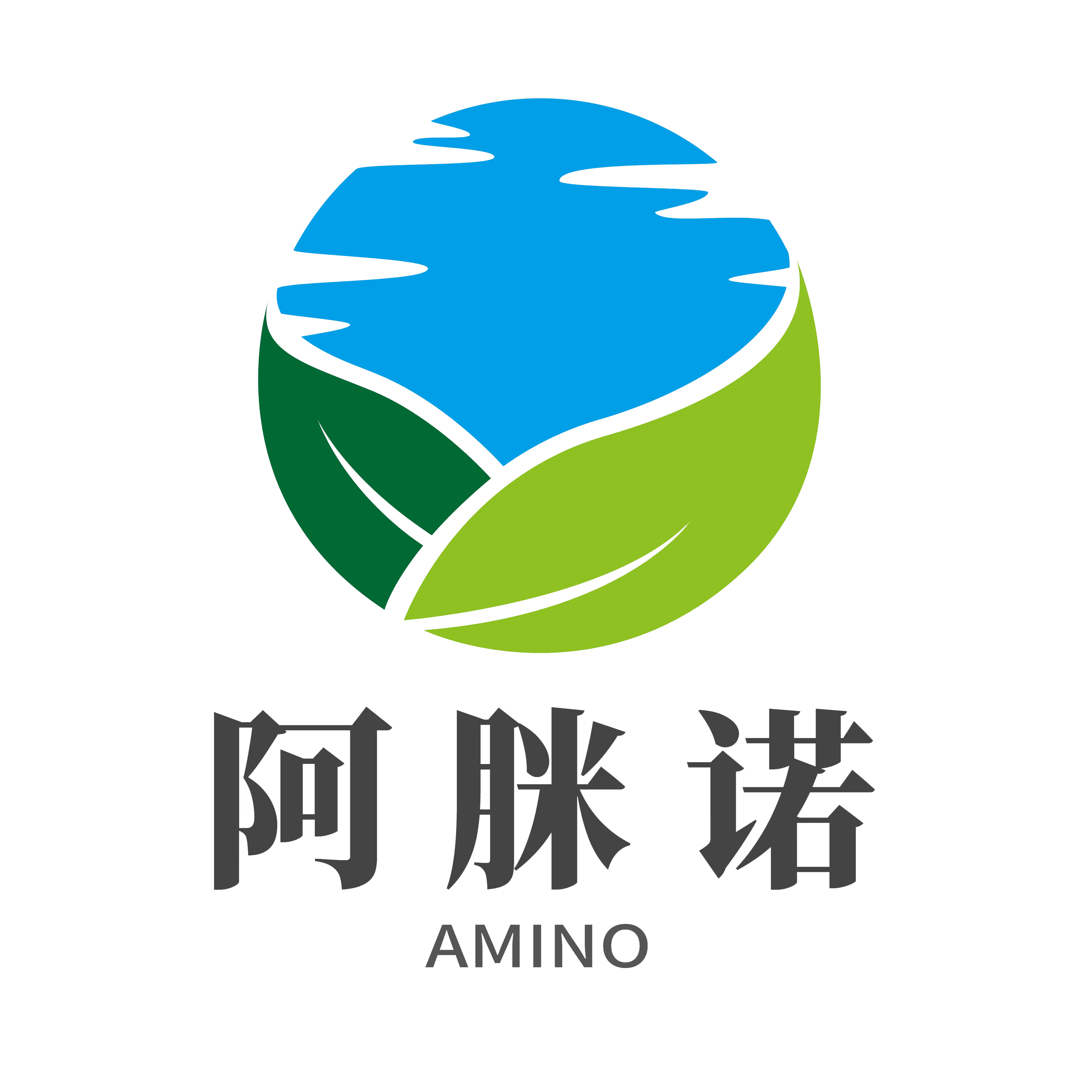
Re:lastane
Re:lastane focuses on the separation and recycling of polyester and polyester blended fabrics. They have developed a patent pending “Relastane” polyester recycling system, which realises the separation of polyester fibres from cotton, nylon, spandex and other blended fibres. Founded in 2020 (China).

DePoly
DePoly’s advanced recycling technology converts unsorted, dirty end-of-life plastics and fibres into virgin-grade raw materials. They focus on items that cannot typically be recycled due to complex blends, dyes, contaminants, etc. Their low-energy process uses simple, green chemicals and operates at room temperature, all without the need to pre-wash, pre-sort, or separate out other materials. Founded in 2020 (Switzerland).
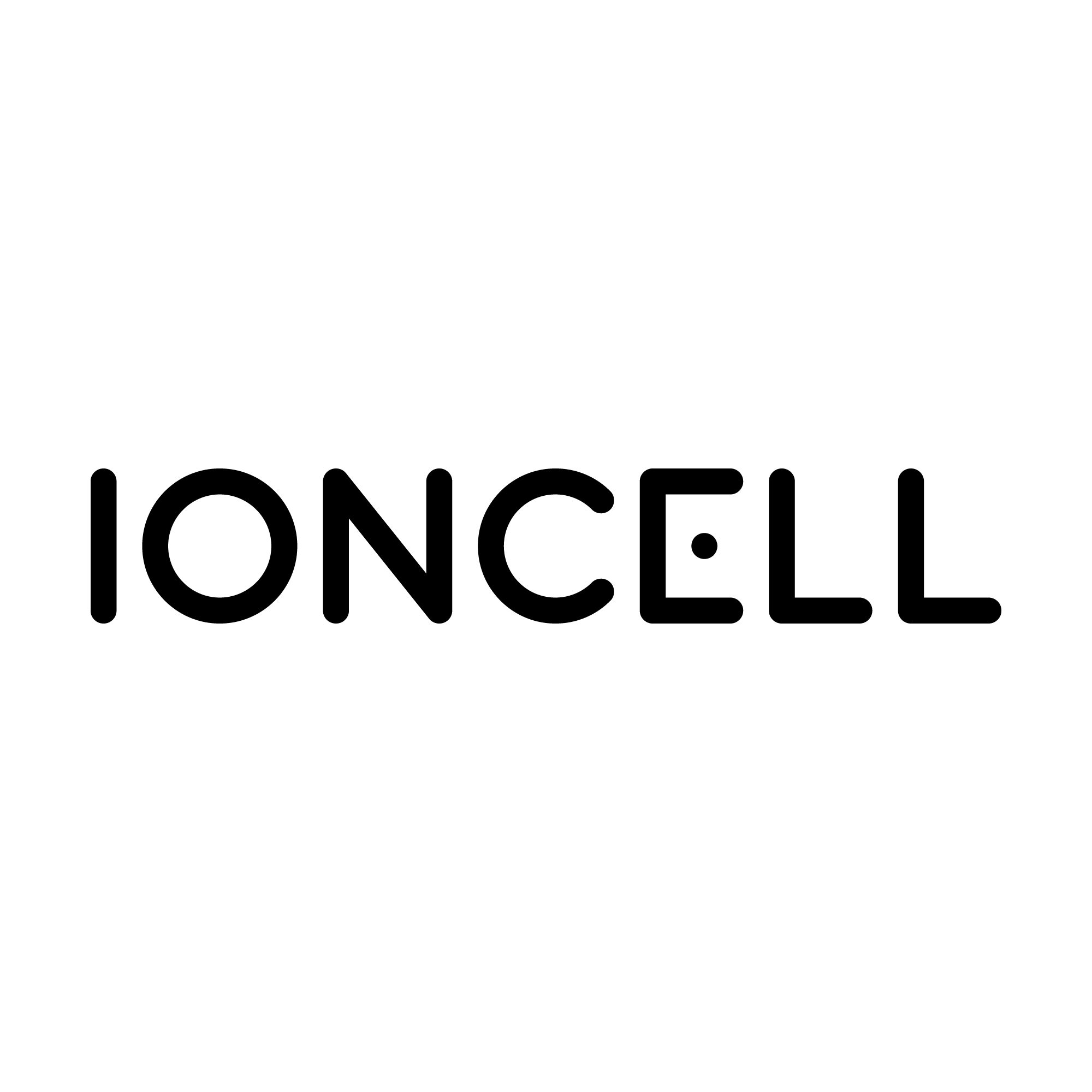
Ioncell
Ioncell Oy develops patented Ioncell® technology, which transforms cellulosic bio-materials into new, high-performance textile fibres in a sustainable way. Their technology can improve the quality when textile waste is recycled into new fibres, therefore supporting the inevitable transformation to a circular economy in the clothing and textile industry. Founded in 2019 (Finland).

Satma CE
Satma CE is a web based software that uses blockchain optionally to offer traceability across the waste-to-worth supply chain, including collection, segregation, recycling and processing. (India)
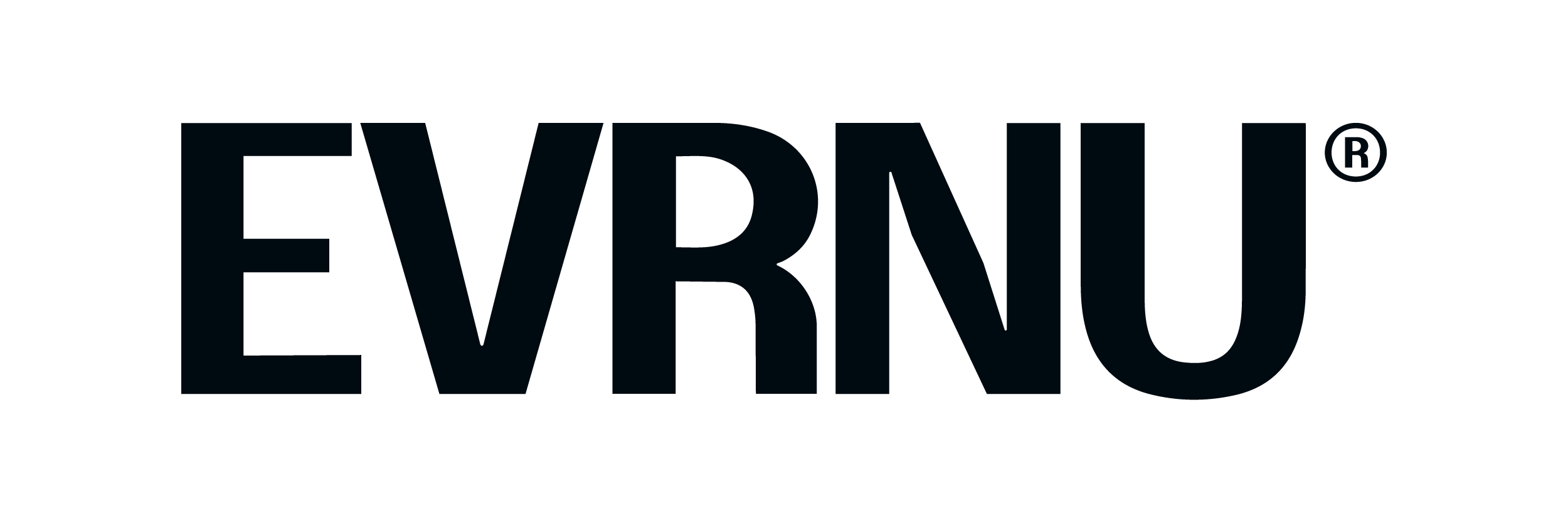
Evrnu
Evrnu converts textile waste materials into ‘new’ engineered fibers, which can be recycled again and again. Cotton-rich waste from the manufacturing process and discarded consumer fashion items is used to make Nucycl® lyocell fiber. Founded in 2014 (US).
CuRe Technology
CuRe Technology recycles any type of used polyester by purifying it and converting it into high-grade, ready-to-use 100% rPET which can replace PET from fossil-derived sources. Founded in 2018 (Netherlands).

9Fiber
9Fiber’s patented solution converts unwanted waste material from cannabis and industrial hemp industries into usable bast fiber and hurd to be used into a wide variety of commercial, industrial, paper and automative products. Founded in 2017 (US).
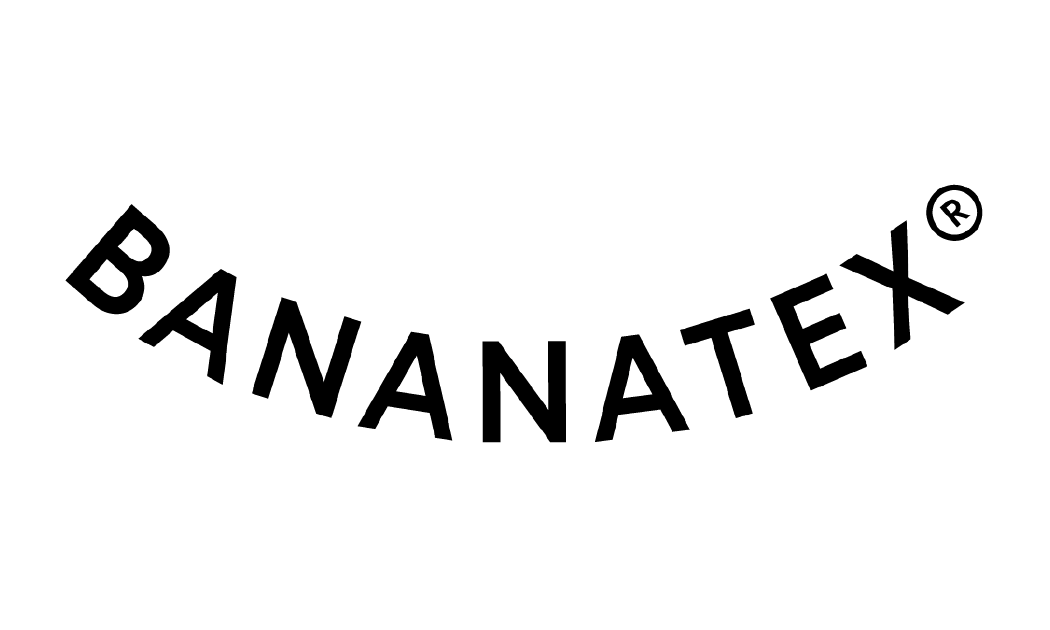
Bananatex
Bananatex creates fabrics made from 100% banana fibre. They cultivate plants of the banana tree family known locally as “”Banana Hemp” or “Abacá” in the Philippines, before processing them into a material offering a viable alternative to synthetic fabric. The fabric is coated with a natural beeswax for a water-resistant finish and can be easily composted. Founded in 2008, (Switzerland)

GRINP
GRINP develops and produces machines using their proprietary atmospheric plasma technology. Their industrial machines can replace traditional pre-treatments such as bleaching. The technology can be used on any fibre. Founded in 2005, (Italy).
Hemptex India Private Limited
HempTex India is agro-based enterprise which assists farmers in cultivating hemp by providing optimum seeds, best practices and and by training, educating and empowering local farmers, elevates the socio-economic conditions. Founded in 2021 (India).
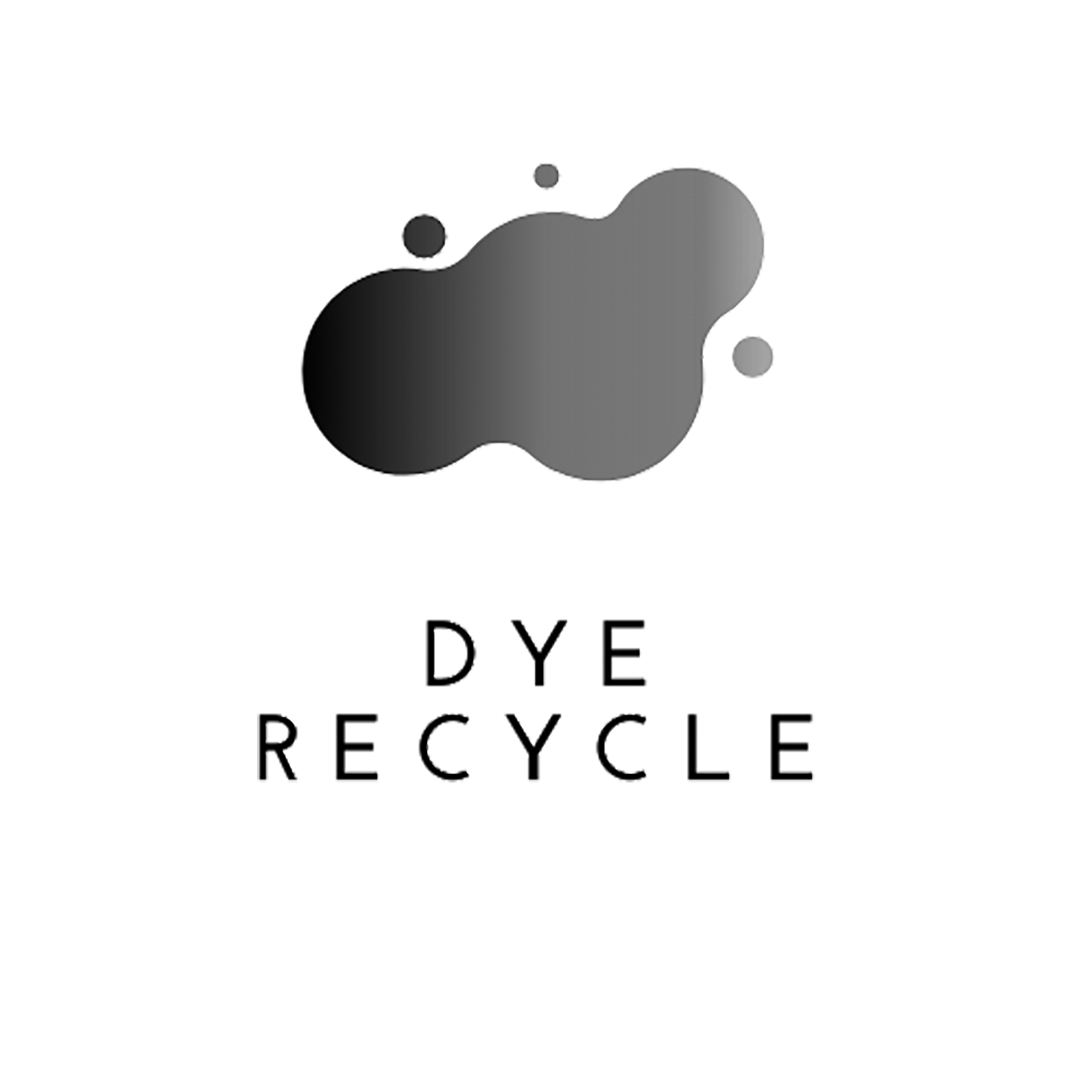
Dyerecycle
DyeRecycle has developed a technology that enables the reuse and recycling of dyes directly from textile waste for use in the dyeing of new fabrics. A patented solvent is used allowing for reduced chemical, water and energy usage, and the decoloured fabric/fibres can feed into recycling processes allowing new end of use streams. Founded in 2020 (UK).
